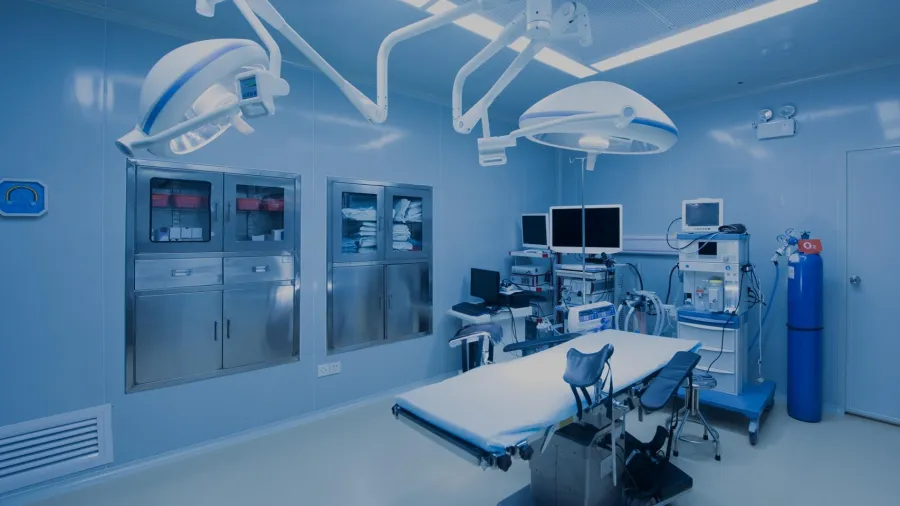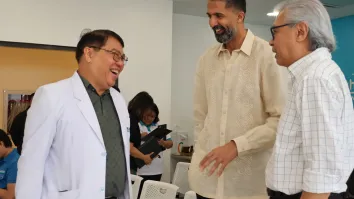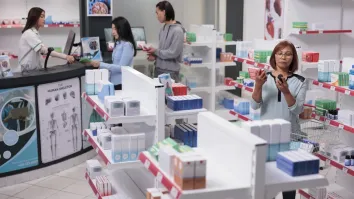
Medical equipment in MY hospitals not being optimally managed: A-G report
The report also shows maintenance cost of equipment has exceeded the cost of new procurement.
The Auditor-General's Report 2019 Series 2 revealed that the implementation of continuous maintenance programmes without setting an optimal period for the use of hospital medical equipment by Malaysia's Ministry of Health (MoH) can be financially detrimental to the government.
According to the report, audits conducted from 2016 to 2020 found 19.65% of medical equipment aged 20 years and above and 11.5% of medical equipment categorised as "beyond economic repair" are still used in hospitals.
The report also showed information from the Asset and Services Information System (ASIS) not being optimally used to make decisions relating to budget applications, procurement planning and setting of the maintenance period. Eight hospitals did not utilise the ASIS, with five using other maintenance systems and three others having no maintenance system in place.
Recommendations to the MoH included the provision of a comprehensive policy relating to the management of medical equipment, including the procurement of new equipment, replacement plan, maintenance, and disposal to ensure effective management and give added value to the government.
Another recommendation given is to ensure all management information systems and maintenance of medical equipment in new hospitals are integrated with ASIS.



















 Advertise
Advertise






